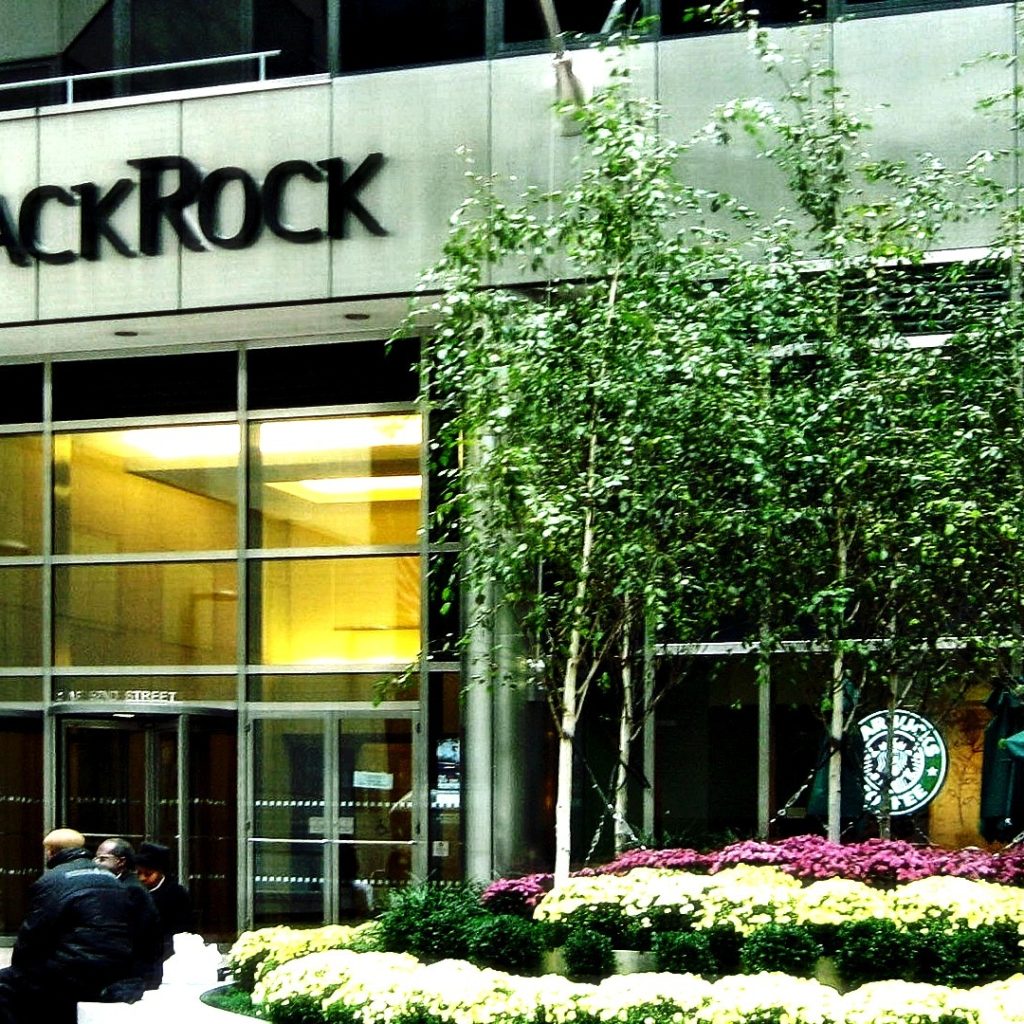Warren Buffett, the seasoned investor and CEO of Berkshire Hathaway, has consistently expressed skepticism about the value and stability of cryptocurrencies. Nevertheless, his investment in Nubank, a Brazil-based digital bank involved in crypto trading, signals an unintended but profitable dive into the digital currency.
In 2021, before Nubank’s initial public offering, Berkshire Hathaway strategically injected $500 million into the digital bank. The investment has since swelled by an additional $250 million, bringing the total to a hefty $750 million. Significantly, the investment value has seen a fruitful rise, now pegged at approximately $840 million, thus subtly augmenting Buffett’s fortune via the crypto market.
Nubank, taking a substantial leap in the crypto industry, launched its altcoin, Nucoin, earlier this year. This move has positively impacted its financial standing and caused its stock price to skyrocket by over 100% within the year. Besides Apple, Amazon, and Coca-Cola, Nubank has thus become one of the most promising stocks in Buffett’s investment portfolio.
Moreover, Nubank’s stock price surge demonstrates the bank’s prosperity and deepening footprints in the digital assets market, reflecting a pivotal moment for traditional finance and cryptocurrency relationships. Notably, despite Buffet’s well-acknowledged criticism of Bitcoin, referring to it as “rat poison squared,” his indirect investment in Nubank indicates a paradox in his financial strategies and the ongoing global economic shifts toward cryptocurrency.
Cryptocurrency, although still forging its path toward maturity, has remarkably permeated various essential sectors, including education, retail, real estate, travel, and gaming, within a relatively brief existence. Additionally, with over 150 countries presently probing into the feasibility of a central bank digital currency (CBDC), cryptocurrency’s impact on global economics is becoming increasingly perceptible.
Countries in the European Union have even announced the acceptance of Bitcoin for certain government services. Consequently, the persistent intersection of traditional banking and digital assets is becoming more evident.
Furthermore, with billions of dollars annually, crypto transactions have increased in significant economies, such as the United States, the United Kingdom, and the European Union. In regions like Sub-Saharan Africa, people in low-income demographics have preferred cryptocurrencies for their transactions.
Hence, while still in its developmental stage, Bitcoin and other cryptocurrencies undeniably wield a growing influence on global economic dynamics. The infusion of cryptocurrency into various sectors, robust investments by venture capitalists in blockchain gaming, and notable crypto holdings by traditional banking giants further underscore this.





